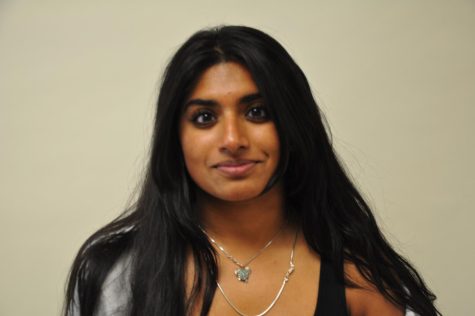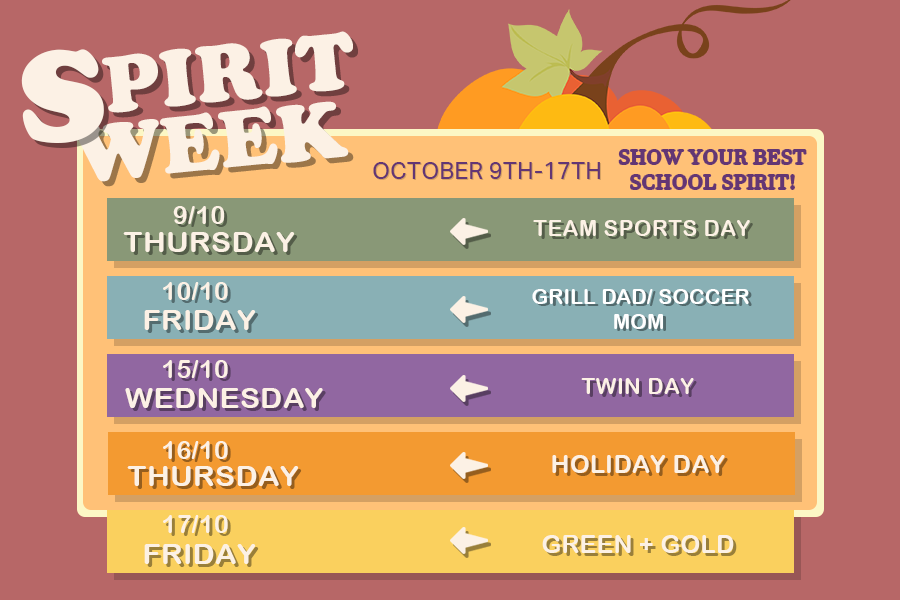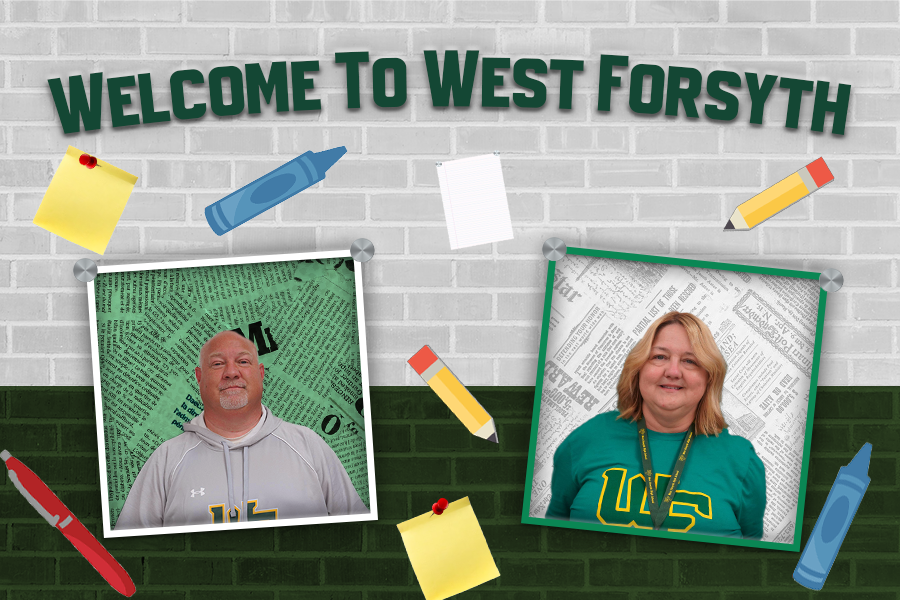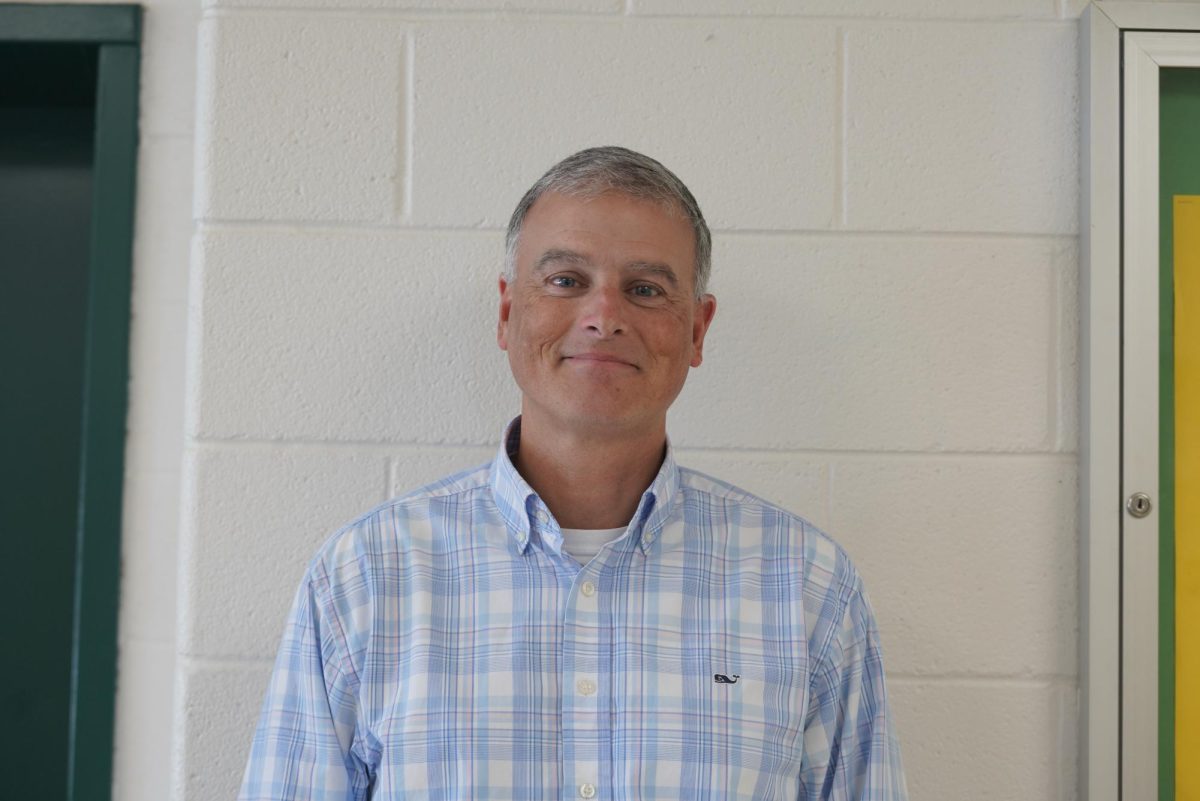Get Your Beakers Ready: Titans Science Olympiad moves its way to regionals
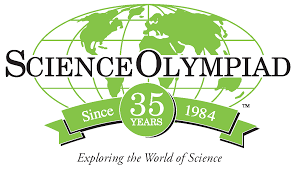
February 15, 2023
The Titan’s Science Olympiad’s first competition for regionals is right around the corner and is being held in Hickory, on March 11.
The team participates in regional, state and national science competitions where they compete with other schools within the WS/FCS county. Teams compete together for regional events and advance further according to rankings.
The Science Olympiad Club is open for students interested in science and fields of science that
aren’t traditionally covered in school.
“It’s a lot of fun, it’s a great way to learn more about science or find out about some areas of
science that maybe we don’t teach here, like astronomy,” chemistry teacher and founder of the
Club Anne Atkins said.
“I encourage other people to sign up because science was never my strong suit and this helped
make everything seem so much more realistic about science rather than trying to find an atom,”
junior Haley Eisenbraun said.
The team provides students the opportunity to meet new people and form friendships with people
who share a common interest.
“My favorite part is that I get to meet people who also like science and are willing to try things
that we have never tried before,” sophomore Shangshang Li said.
For the events, partners compete in up to three events together. Having a partner can help form strong friendships with one another or strengthen the relationship further.
“I’m fortunate enough to have my partner [Li] for all three of the events I am taking part in, I
really like working with her,” junior Haley Eisenbraun said.
Not all of the teams have the same meeting times; many teams work around both partners’
schedules to meet to prepare for their regional events.
“This year, my partner and I have been meeting before school whenever we are free because we
both have extracurriculars. We try to work on all the events, then switch off which one we do so
we can be pretty good across the board,” Eisenbraun said
Events can vary for each group, from quizzes to architecture.
“The science events can be anything from labs, tests on knowledge as well as building. For
example, I have a group of kids who are building a bridge to see how much weight it will hold.
They use that to determine the bridge’s mass,” Atkins said.
This is used to compute efficiency and give the team their final score.
Schools like Atkins or Early College High School have three or four teams, while West only has
one that isn’t at full capacity.
“I think it is a great thing to join because it’s one of these activities where you can kinda do as
much as you want to or as little as you want to, so teams can compete in up to three events
together. Students on the team usually work with a friend or other students on the team,”
Atkins said.


